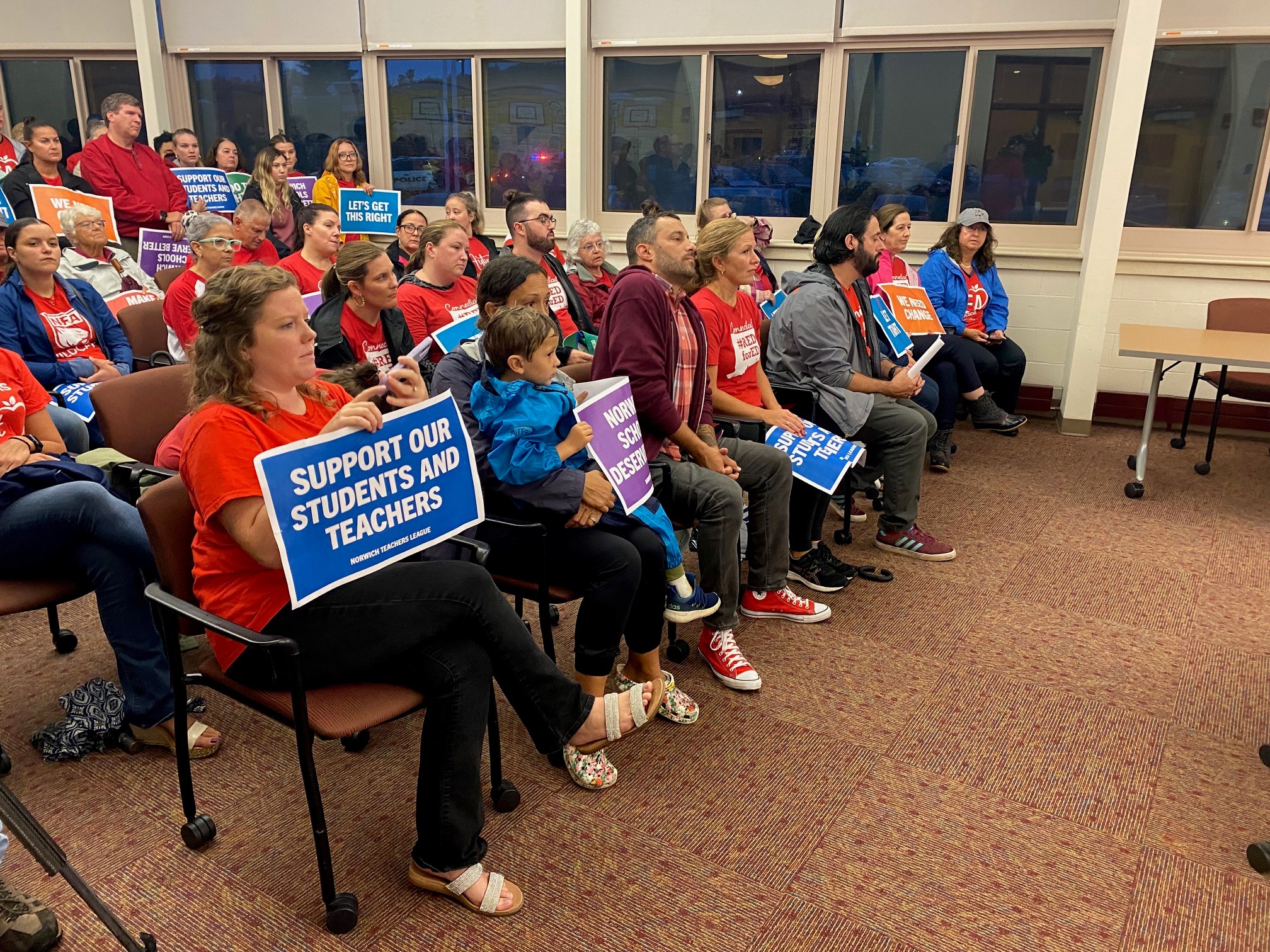As Thanksgiving approaches, so does the day when many Christmas tree farms in our state open for business.
At Kogut’s Hemlock Hill Tree Farm in Meriden, Kathy Kogut said she’s been fielding calls for weeks from eager Christmas tree lovers.
"People have been calling since the end of October asking if they can come and get a tree and we're like, 'not yet, not yet, it's too soon,'” Kogut said.
The Koguts have been in business for over 60 years and have witnessed the changing climate.
Get top local stories in Connecticut delivered to you every morning. >Sign up for NBC Connecticut's News Headlines newsletter.
"The climate has changed. You get warm days, you get cold days,” Kogut said. “We really needed the frost cause it hardens the trees off, so now it's OK to cut a tree."
Last year was dry, she said, but this year was wetter, with rain in the forecast frequently.
What impact did that have on the trees? Kogut said it’s a mixed bag.
Local
"The trees are looking better than ever, they're nice and green. The big trees loved the rain. The little ones, not so much,” she said. "Fraser firs don't like wet feet, and when there's too much rain they get a disease called Phytophthora and it kills them.”
She estimates losing 500 Fraser firs, her most desirable tree, due to the rain. It’ll have an impact on business, but not for about a decade. They’ve planted babies to fill the void.
"Those are our future trees in eight to 10 years from now,” Kogut said. “We did replace them so hopefully we won't have a big gap."
One Christmas tree farm owner tells us he’s having more of a problem with the wildlife than the weather.
“Being the sloping land that we’re on here as you can see, we haven’t had much impact with the rain,” said Rick Cowles at Barbourtown Tree and Maple Syrup Farm. “I’ve had more animal damage definitely.”
Cowles said deer have been rubbing their antlers on the trees and bears have been having territorial disputes, pulling some trees down. He said a few dozen incidents doesn’t sound like much, but is pricey.
“You’re losing 80 to 100 per incident, and there’s 20 incidents, you do the math. There is some financial loss to it,” Cowles said.
He said he’ll have plenty of trees for families this season, and chalks it up to life on the farm.
“As a farmer, you kind of in your mind take all those loses and that’s just farming, you know?” he said.
The Connecticut Christmas Tree Growers’ Association provides a list of Christmas tree farms across the state. Click here for their interactive map.



